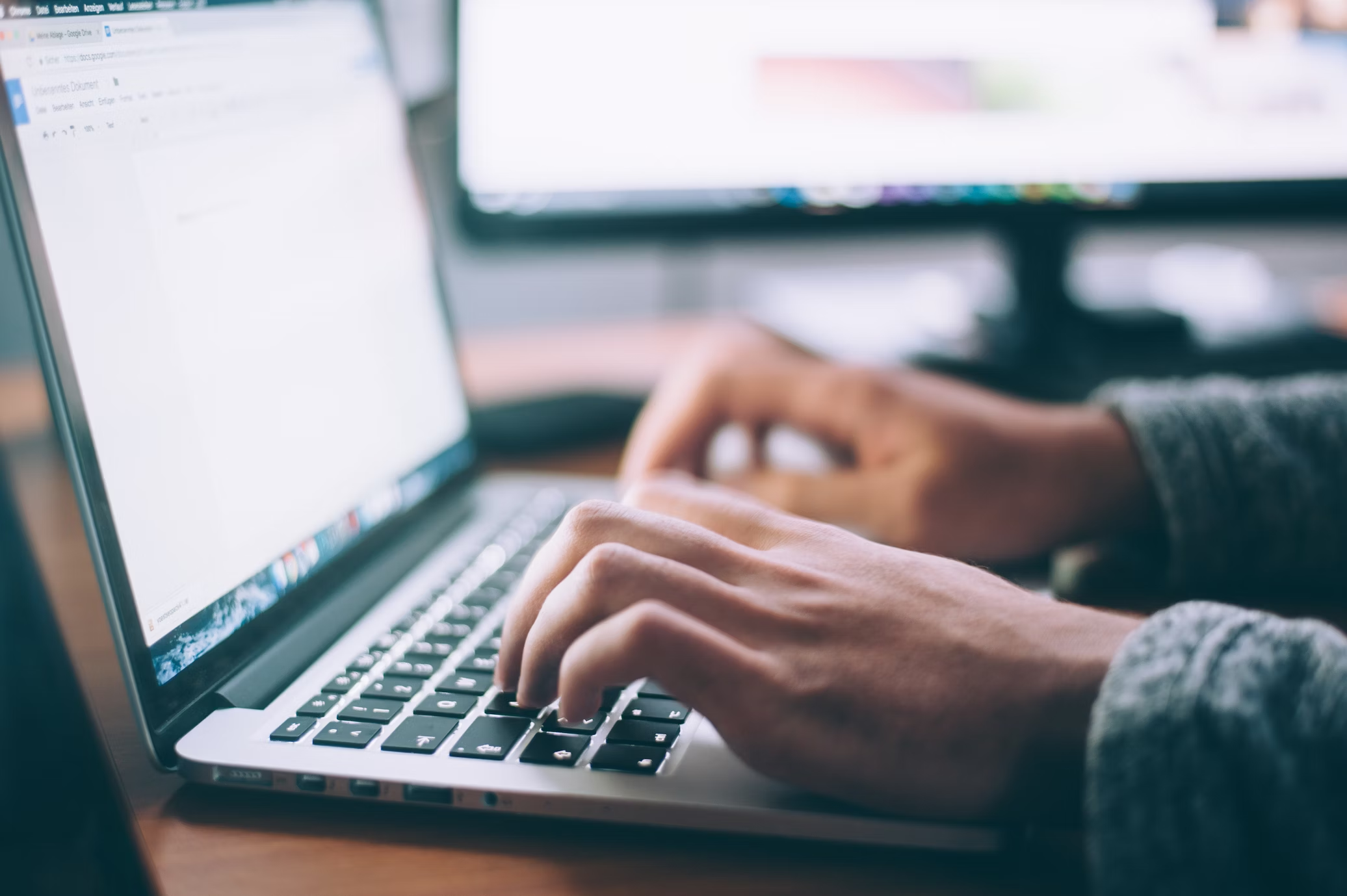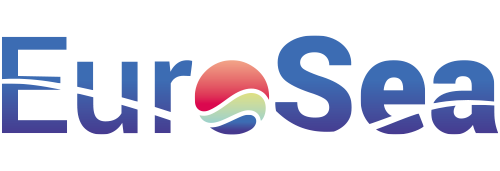
Description
EuroSea, in recognizing the vast potential applications of its results, has initiated a targeted training program for its varied user base. This includes oceanographers, fisheries scientists, aquaculture operators, technical experts, and the upcoming generation of stakeholders. By catering to the specific needs of each group, EuroSea aims to ensure a broader and more effective utilization of its research outcomes.
Impact During the Project
Tailored Knowledge Transfer:
Traditional State: Often, generic training or dissemination events cater to a general audience, which may not address the unique requirements or questions of specialized stakeholders. This could lead to sub-optimal application of research results.
Advancement: EuroSea’s approach focuses on the nuances of each stakeholder group. Whether it’s the application of 4D mapping for fisheries scientists or introducing a new sensor system to aquaculture operators, the training ensures that the information is relevant and actionable for each audience.
Quantitative and Qualitative Feedback Mechanisms:
Traditional State: Feedback from training participants may be gathered informally, if at all, missing out on opportunities to refine the training approach based on user experiences.
Advancement: EuroSea integrates both quantitative (number of events, attendees) and qualitative (participant feedback) metrics to assess the impact of their training sessions. This dual approach not only gauges the reach but also the depth of the training impact.
Impact Post Project
Deepened Application of EuroSea Results:
Traditional State: Without specialized training, users may only scratch the surface of potential applications of research findings or might misapply them due to a lack of understanding.
Advancement: By providing stakeholders with the tools and knowledge to effectively use EuroSea results, there’s a greater chance of these results being applied deeply and broadly across sectors. This could lead to improved fisheries assessments, optimized aquaculture operations, enhanced technical innovations, and a well-informed next generation of marine stakeholders.
Sustainability of Knowledge Transfer:
Traditional State: The benefits of training sessions can wane over time if not reinforced or updated with new findings or tools.
Advancement: The training doesn’t just stop at the session’s end. By equipping stakeholders with foundational skills and knowledge, they can continually integrate new EuroSea findings into their work, ensuring a long-term positive impact on their respective sectors.
Advancement over and above State of the Art
EuroSea’s forward-thinking approach to training dives deep into the specific needs of each user group, ensuring that each stakeholder, from scientists to aquaculture operators, can fully harness the potential of its results. This tailored approach is a marked advancement over generic training sessions, promising not only immediate capability enhancement but also long-term benefits as trained individuals continue to apply and evolve their knowledge in the light of new EuroSea findings. The end result? A ripple effect of positive change across multiple sectors connected to the marine environment.
Links and References
NA
